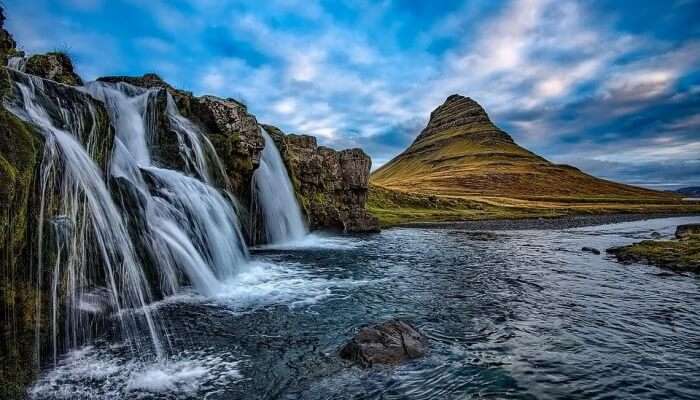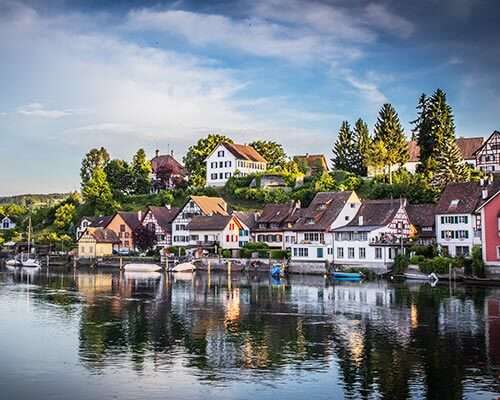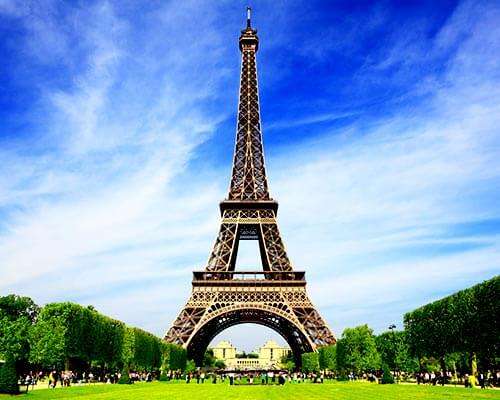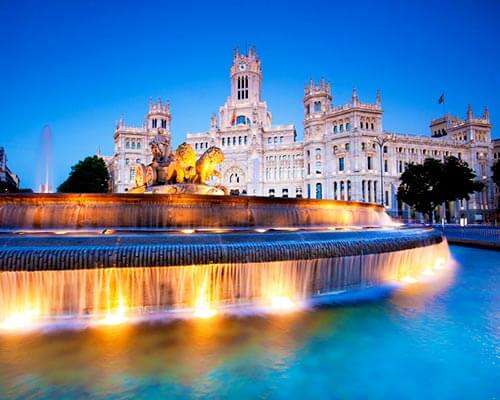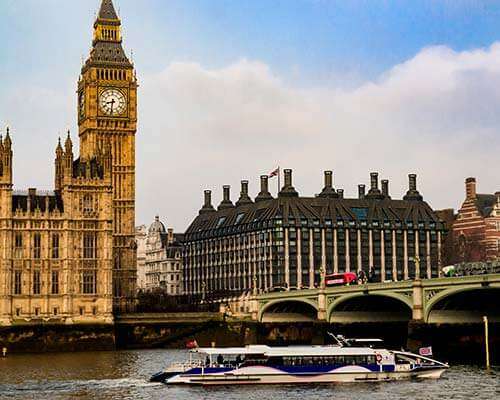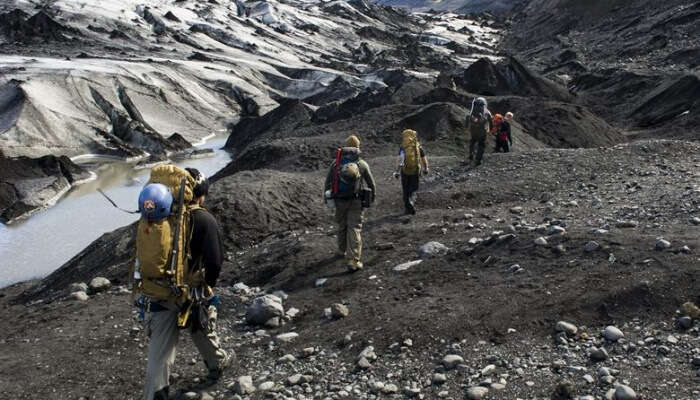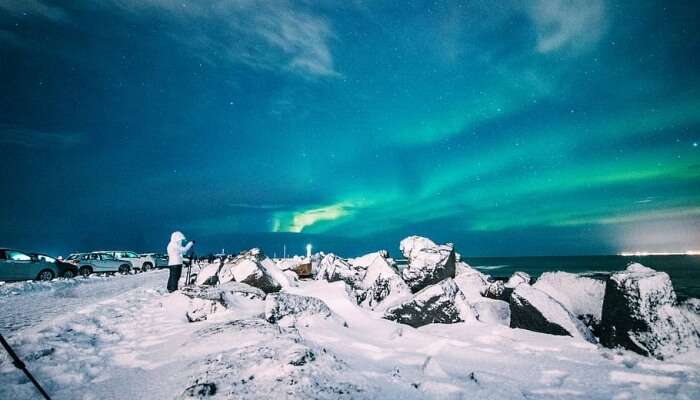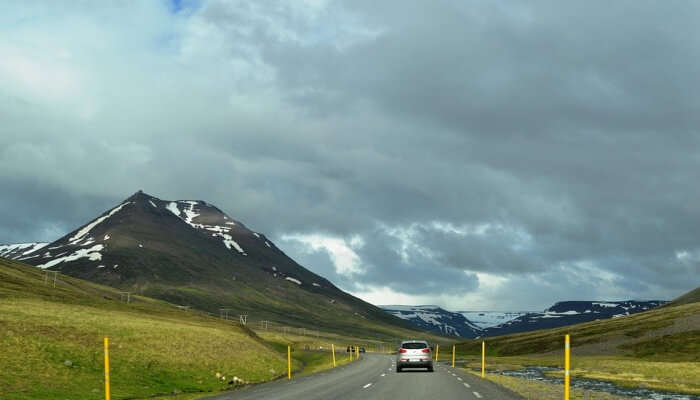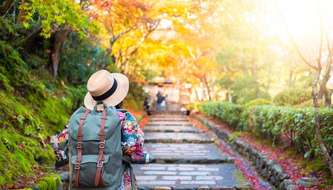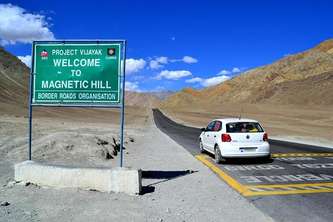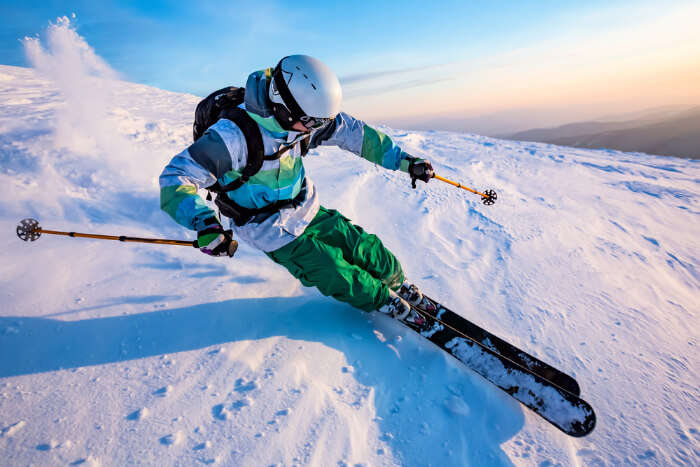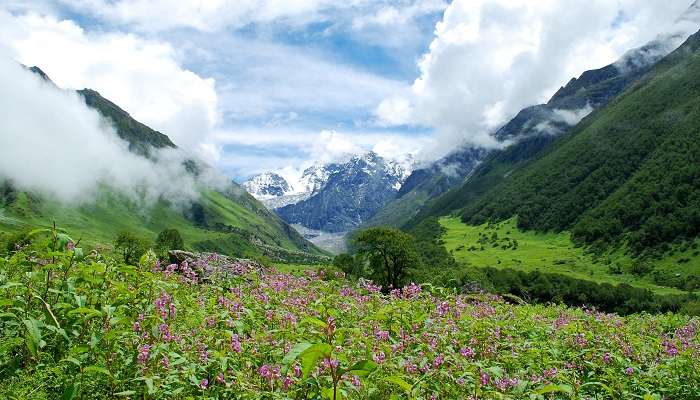Abide By These 6 Major Iceland Travel Tips For A Comfortable And Trouble-free Trip
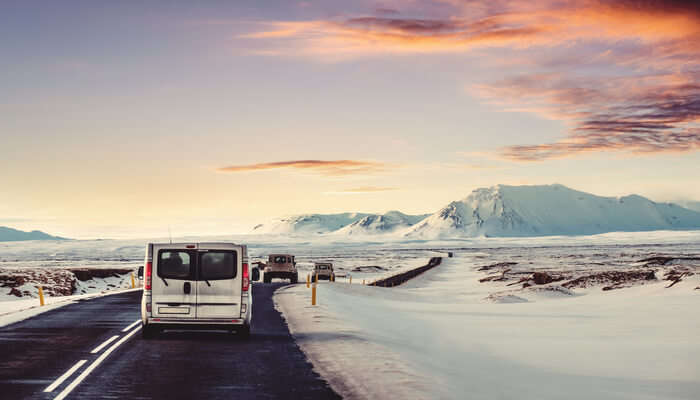
Iceland is a charming little island located in the North Atlantic Ocean that prides over its unusual combination of angry fires spewing out of volcanic eruptions on an ice cold arctic sea. This dance of fire and ice over this unique beauty is reflected throughout the landscape and every season brings in new miracles. Iceland is one of those few places on Earth with its own contrasting diversity and has something marvelous to offer to each visitor. Be it lush green summer months where the sun never sets or the dark winters illuminated by northern lights, Iceland has a lot to offer. But, before planning a trip, you need to be aware of some Iceland travel tips so that you can have a safe, happy, and hassle-free vacation.
6 Major Iceland Travel Tips
Iceland is a perfect destination with friendly locals, incredible landscapes with volcanoes, hot springs, geysers, and lava fields. There are quite a few tips for going to Iceland that are important to keep in mind and we have compiled a short list of travel related tips. There are a few Iceland travel tips that are ideal for backpackers, while some are suited to those planning on a road trip through Iceland, and the others are for travelers visiting during winters.
1. Iceland Trip Planning Tips
Abiding by the tips for going to Iceland play a pivotal role in helping you plan your holiday as it’s a country of contrasts and unpredictability.
Best season to visit: Visit during the summer months of July and August. You can also visit in the winters to catch a glimpse of the Northern Lights and see the ice caves if you don’t mind the extreme weather.
Learn few Icelandic words: Tourists will not find any problems communicating as English is widely spoken here. However, do learn a few common phrases like “Hello”, “Thank you”, “Yes”, and “No” in the local language.
Tipping is not a must: Though it’s appreciated, it’s not essential.
Must Read: 10 Breathtaking Beaches In Iceland That Are Beyond Comparison!
Europe Holiday Packages On TravelTriangle
2. Iceland Backpacking Travel Tips
Being home to countless breathtaking vistas, Iceland is surely a paradise for backpackers. But since it’s an expensive country, you will find these Iceland backpacking travel tips extremely handy:
Pack light, but well: Whether you are traveling in summers or winters, do carry waterproof boots, thermals, and waterproof jackets. Pack a balaclava and snow pants for the winters. Also, carry a water bottle instead of buying new bottles every time to save money (and reduce plastic use).
Always carry: All major Iceland travel tips will tell you to carry waterproof hiking boots, gloves, waterproof outer layers, thermal clothing, swimwear, sleeping bag, umbrella, tent, map or GPS, knife, first aid kit, winter headwear, and water bottle.
Activities: Backpackers and budget travelers will find that most of the natural attractions and parks can be visited and explored free of cost. Adventure activities are expensive and it will cost you to visit a museum (between 1650-2000 ISK) or attractions like the Blue Lagoon (9990 ISK), and the Elf School in Reykjavik (6500 ISK).
Suggested Read: Festivals In Iceland: 7 Popular Celebrations On The Land Of Fire And Ice
3. Iceland Budget Trip Tips
When in Iceland, it’ll be rather easy to make your trip a budget affair, if you follow these tips:
Accommodation: One of the important Iceland backpacking travel tips is finding cheap and budget friendly accommodation. Opt for guesthouses and hostels instead of hotels. A bed in a hostel will cost you around 3500-7500 ISK for a night.
Food: For budget travelers, eating out can be quite an expensive affair. Even convenient food like sandwiches, soups, kebabs etc, it can cost up to 1300 ISK. Opt for hot dog vendors lining the streets that sell affordable hot dogs within the range of 400-500 ISK. Gas stations also sell good quality fast food including hot meals, deli sandwiches, fruits, etc at a cheaper price.
Suggested Read: Iceland In December: 15 Experiences For Having The Best Winter Vacay Ever!
4. Iceland Travel Tips In Winter
Although one may expect it to be unbearably cold, the warm waters of the gulf stream help make its temperature moderate to tolerable all round the year. Winter season lasts from November to March and will let you see great things like the Northern Lights if you follow these Iceland travel tips in winter.
Don’t miss the views: Iceland transforms into a winter wonderland with snow everywhere. Be prepared to be enamoured by the stunning landscapes including ice caves and the spectacular displays of the Northern Lights.
Opt for a guided tour: Renting a car is not a wise thing to do during winter owing to the unpredictable weather or the risk of driving through icy conditions. A guided tour will be much safer and you will be in experienced hands.
Keep a tab on the weather: The weather can be quite a dampener at times during the winter months. Even popular sights and attractions like the Blue Lagoon can be unexpectedly closed because of bad weather or heavy rains. Also, if you wish to see the Northern Lights, you need to keep a check on certain websites that give instant updates on the aurora forecast.
Take an Ice Cave tour: Ice caves are open every year from mid-October to mid-March and should be explored only via a guided tour. The three main caves are Solheimajokull (2 hours from Reykjavik), Myrdalsjokull (2.5 hours from Reykjavik), and Vatnajokull (4 hours from Reykjavik).
Go whale watching: Whales can be seen in winters too like the Orca Pod which spends winters off the Snaefellsnes Peninsula. Humpback whales can also be spotted near Reykjavik and Snaefellsnes Peninsula.
Suggested Read: 18 Magical Reasons To Visit Iceland That You Just Can’t Say No To!
5. Iceland Travel Tips In Summer
June, July, and August are the official summer months when the average temperature is about 10°C, sometimes going as high as 20°C. To get the most out of your holiday, do adhere to the following Iceland travel tips in summer.
Plan in advance: Since Iceland has become a major tourist destination, especially during the summer months, it is important to book your tickets well in advance.
Go sightseeing at night: One of the important Iceland travel tips is to visit tourist attractions at night as it there will still be daylight and you get to beat the crowd.
Book night tours: Such as midnight sun mountain hiking tours, Golden Circle tours, horse riding tours, and midnight sun tours.
Buy local produce: A number of farmers have started selling local farm products such as organic fruit, fish and meat at an affordable cost. It is a good idea to purchase freshly produced products from them rather than the stores if you are planning to cook your own food.
Camping is a must: There are camping areas all around the country and it’s one of the best ways of experiencing Iceland’s magnificent natural attractions. Camping is, however, forbidden in the three national parks. If you wish to camp close to a farm, take the farmer’s permission and pay a nominal fee.
Natural hot springs: Beat the cold weather by heading to natural hot springs like Blue Lagoon, Secret Lagoon, and Seljavallalaug Pool. You can even join a guided hot spring tour such as Reykjadalur Hot Spring Tour.
Suggested Read: 10 Things To Do In Iceland In Winter Apart From Making A Snowman
6. Iceland Road Trip Tips
Drive around to truly experience the breathtaking beauty of Iceland. The only driving route in Iceland is through the Ring Road which wraps itself in a circular highway of 1300 km with several secondary roads sprouting off from it. There are many beautiful attractions off the Ring Road which can be visited by taking detours.
Renting a Car: Among the various Iceland travel tips, renting a 4-wheel drive is a must during the summer months to explore the highlands. Sadcars is the cheapest car rental in the country.
Best time to drive: The best time to take a road trip is during July and August which will give you full days of daylight. Roads will be closed due to harsh winter weather from October to April.
Where to go: Usually, travelers take the anti-clockwise route but it’s all a matter of choice as to which route you take.
Further Read: 8 Iceland Food Favourites To Taste On Your Euro Vacation
At one moment Iceland is harsh winter terrain illuminated by brilliantly painted skies, while on the other it could be soft green meadows filled with inviting flowers beds. Whether you’re taking a hike on the Golden Circle Tourist Trail, soaking in the Blue Lagoon geothermal spa, or walking the 55 km trail between Landmannalaugar and Pósmörk, the choices here are limitless. Take a vacation to Iceland while also following these Iceland travel tips.
Disclaimer: TravelTriangle claims no credit for images featured on our blog site unless otherwise noted. All visual content is copyrighted to its respectful owners. We try to link back to original sources whenever possible. If you own the rights to any of the images, and do not wish them to appear on TravelTriangle, please contact us and they will be promptly removed. We believe in providing proper attribution to the original author, artist or photographer.
Please Note: Any information published by TravelTriangle in any form of content is not intended to be a substitute for any kind of medical advice, and one must not take any action before consulting a professional medical expert of their own choice.
Frequently Asked Questions About Iceland Travel Tips
How should I prepare for a trip to Iceland?
To prepare for a trip to Iceland, keep the following in mind:
– Plan in advance
– Buy the right clothes
– Make reservations in advance
– Carry a really good camera
– Always check the weather conditions
What should you avoid in Iceland?
You should try and avoid:
– Leaving your coat at home even in a sunny weather
– Driving too fast
– Assuming alcohol to be available everywhere
– Buying plastic bottles instead of carrying and refilling only one wherever you go
Do I need cash in Iceland?
No, you don’t need to carry much cash as you can easily pay through credit or debit card.
Can I drink the tap water in Iceland?
Yes, you can drink the tap water and use to refill your bottle.
Do people from Iceland speak English?
Yes, most people are fluent in English. Other languages spoken include German, Danish, French, and Spanish.
How much money is required for a week in Iceland?
Ideally, a holiday in Iceland for a week will cost around $7000 to $9000 for a family of four.
What currency is used in Iceland?
The currency used in Iceland is called Króna. 1 ISK (Icelandic Króna) = INR 0.58
Looking To Book An International Holiday?
People Also Read:
Arizona Travel Tips Fiji Travel Tips Montreal Travel Tips
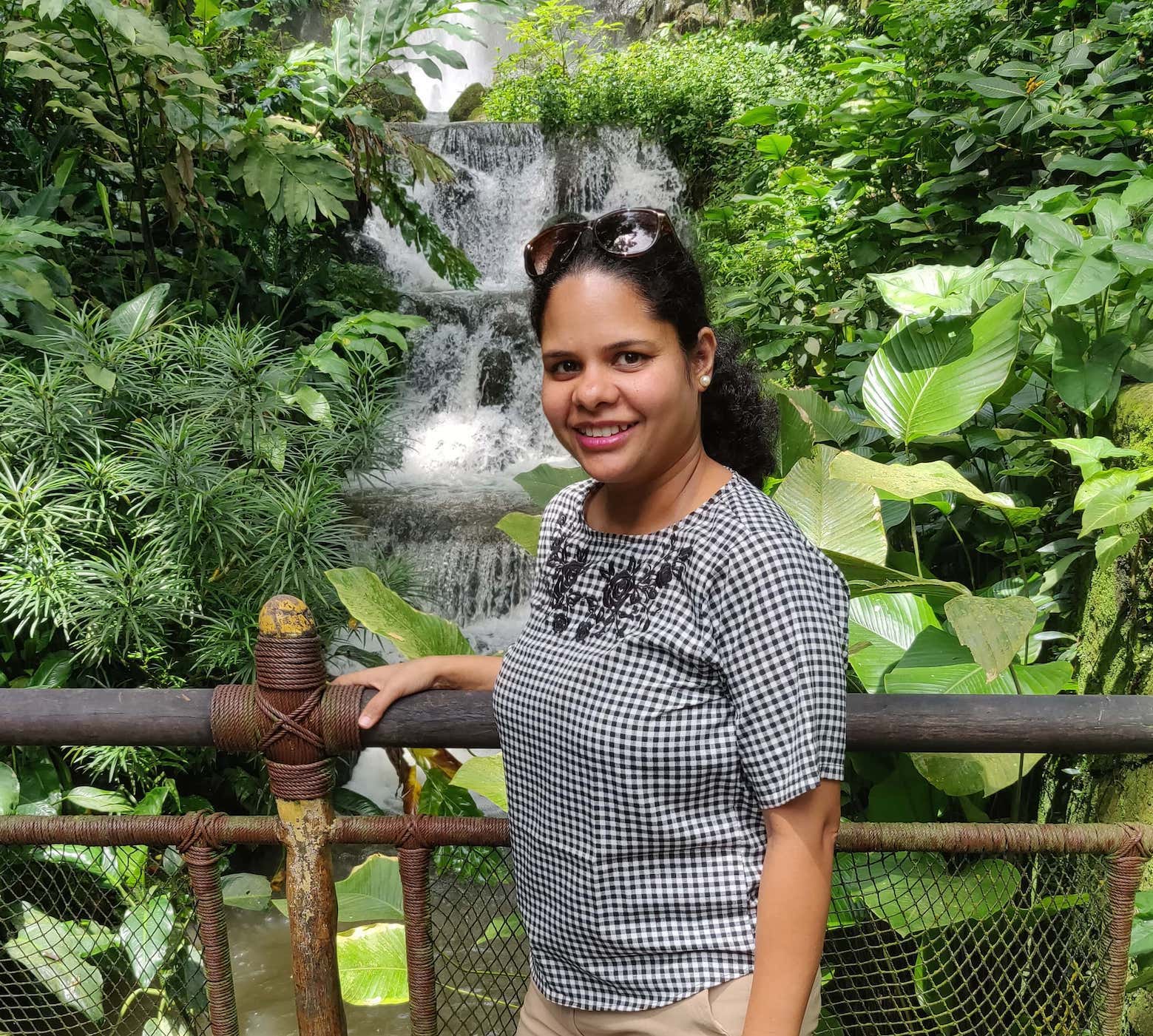
A keen observer, an avid reader, a complete foodie, a pet lover and a curious entrepreneur with a vision to empower women. Penning down thoughts and musings come naturally, so, what better way to make a living than do what you love the most. Sujata started off as a content writer and today spearheads a content agency with an all-women team, where each day is about exploring the strength within, overcoming challenges and aiming to scale new heights. Her idea of a holiday well spent is visiting beautiful destinations, experimenting with food and trying out adventure activities.
